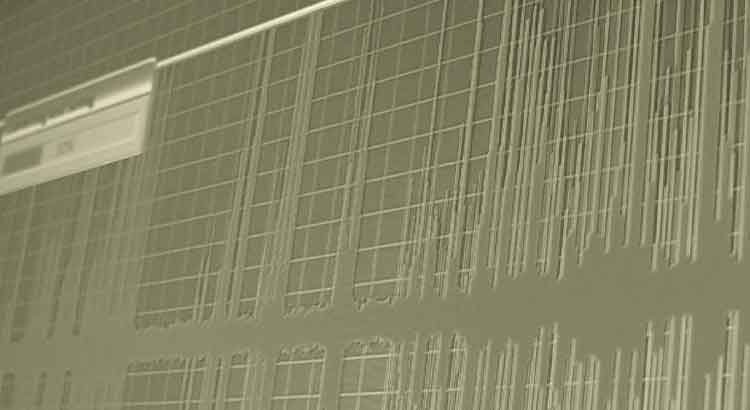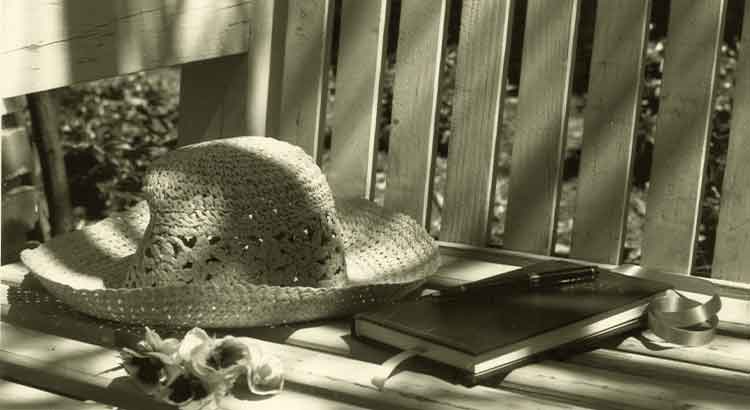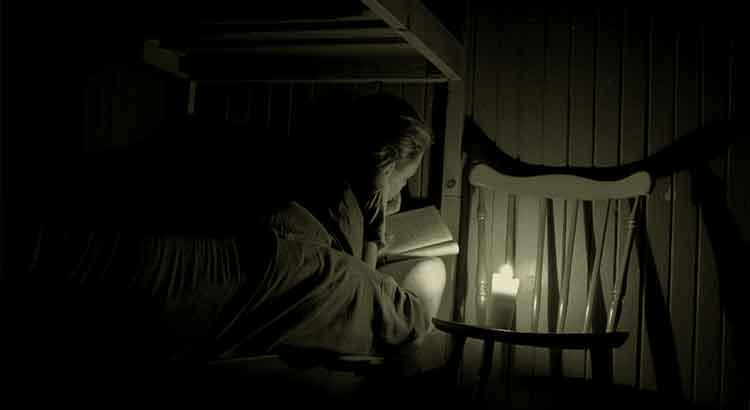In the first volume of Casos, the wild rips, the drama and violence border on the absurd. Perhaps I paid a style homage to the one from whom I inherited the format. In the second volume, I took out the blood, loosened the dramatic arcs and, structurally, tried writing almost always without restraints, while keeping the format, to see if the narratives would come out more natural. The result? I fail to conclude… Certainly, they were less impactful narratives; but, perhaps, more spontaneous and sincere.
Tag: literature
Wonders of This Century
It is a real wonder to be able to find, in a few clicks, from the end of the world, audios in dead languages pronounced according to the original speech. I think about the study of languages in past centuries. It is inevitable to see myself as privileged. For a long time I read English without knowing the correct pronunciation: a crass and compromising error—and I only understood it when I started reading poetry. In poetry, if one does not know the pronunciation, one does not understand contractions that may occur, sometimes the metrics seem confusing and, above all, one ignores the sounding of the verses which, in many cases, is fundamental. In The Raven, for example, pronounce open the closed tonic “o” that repeats itself closing all the stanzas of the poem, and the frowning effect, the idea and the feeling suggested by the phoneme are gone. Nevermore, nevermore, nothing more, nothing more… Here we already have an “r” which, in the English pronunciation, prolongs and amplifies the preceding vowel. From this the obvious conclusion: to understand the expressiveness of great poets, it is indispensable to know the phonetics of the language in which they composed. And, in this respect, the reader of this century only sins by neglect.
The Verses of Augusto dos Anjos
I can honestly say that the aesthetic pleasure I experience when reading Augusto dos Anjos’ verses is comparable to what I feel when reading Camões, Dante, or any other poetic greatness. The funny thing is that, technically, Augusto’s poetry breaks all the conventions: syneresis in every verse, words of very difficult pronunciation, and so on. But the vivid and brilliant images that are revealed in each stanza, the explosive expression, the surprise in seeing unexpected and original relationships between apparently disconnected themes, all this seems to generate a more powerful and determining effect than the aesthetic conventions. In Augusto there is a despair, an exacerbated pessimism that borders on the ridiculous but materializes, however, a peerless brilliance.
The Ideal Reader
I review my notes and smile at my irritations. The truth is that I consider myself, modesty aside, the ideal reader. When I open a book, the last thing I want is to get irritated with the author. I give him total freedom to say whatever he wants, to create from the absurd to the ridiculous, to break all moral barriers and more as he feels he must do in order to express what he wants. What I do not have—and I am proud of this—is a guidebook for demanding it from whoever I read. I consciously choose readings that appear contrary to what I seem to think. And yet, even with this almost limitless openness, I always end up finding someone who gets on my nerves…



